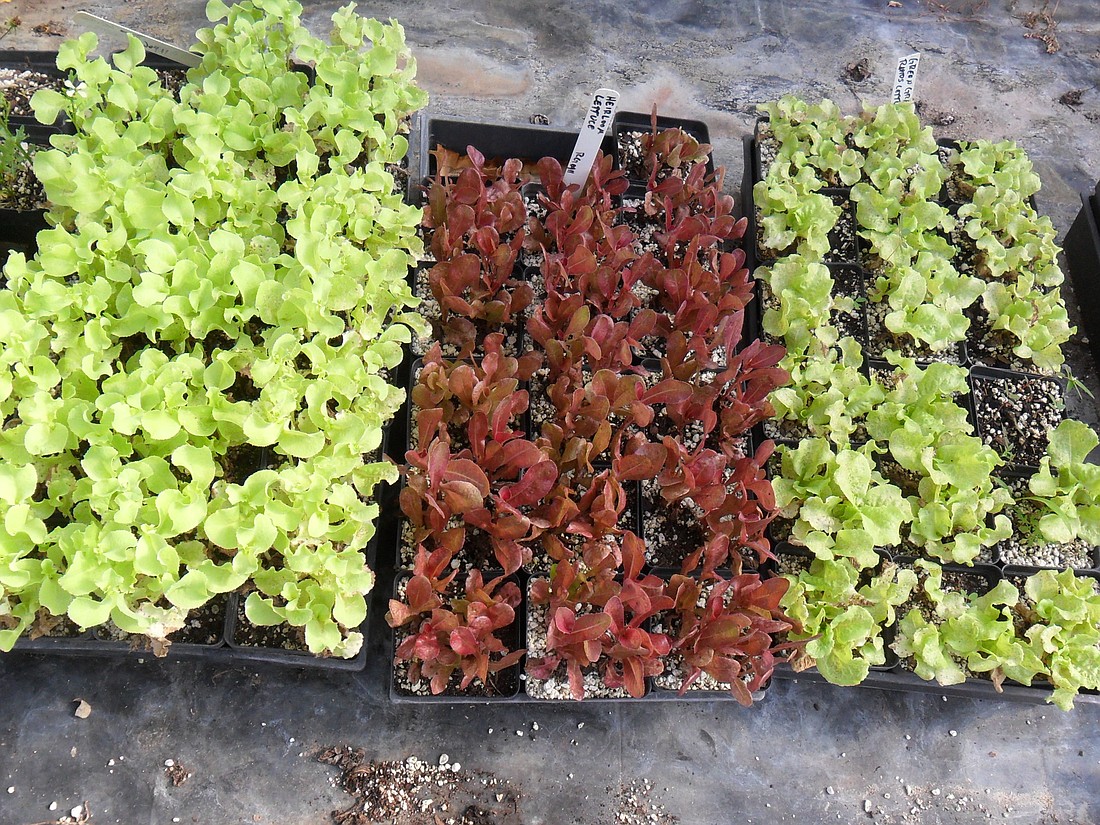- May 8, 2024
-
-
Loading

Loading

With the end of our most productive growing seasons soon approaching, many Florida food gardeners take a break during the stressful summer conditions and start perusing seed catalogs. Unlike our cousins ‘up North,’ the iconic image of seed catalogs splayed across our laps while hunkered down in front of the wood burning stove does not apply to us. We must make do with interruptions like the beach and almost any air-conditioned diversion to research next season’s crop opportunities. Advances in genetic and sustainable technologies leapfrog our practical familiarity with traditional seed choices. It can become a multifarious process to pick what kind of radish to grow next autumn.
Let us first disperse with the simply unacceptable seed options for planting to our gardens. Genetically Modified Organisms (GMO) are seed types bred by transferring in a laboratory genetic materials between unrelated species. This recombinant Frankenstein DNA in the seed stock creates many unanswered questions should a variety of unintended consequences arise. Profit margins celebrated by a few agri-business corporations do not translate to any sensible qualities we may seek for our own food gardens.
Another unacceptable choice are those seeds that are chemically treated. These are usually types that are larger in size, like bean, pea, corn or squash seeds. Recognizable by their dyed coating of bright colors, treated seed is covered with fungicides to extend storage capabilities. There is a discernable quantity of poison in a packet of these pretty kernels.
A frequent question to cross my radar is whether to use conventionally or organically bred seed. Conventional seed is what we have been obtaining for our gardens for the previous century. Albeit the practices to produce this crop of seeds may have used chemical fertilizers or poisons, any remaining residues on a tiny seed are negligible. I would posit the earthworm test (the quantity of chemical that harms a worm) to consider a minimum volume of synthetic additives to avoid. Tried-and-true varieties grown by our forbearers should not be forsaken because the new-and-improved have appeared. If you grow Black Seeded Simpson lettuce just like your grandfather, by all means, keep on keeping on!
These days, even the big-box garden department seed displays offer ‘organically grown’ seed options. After several generations of breeding using organic methods, a seed variety will have a propensity to thrive when fed naturally. Or should we say crops bred using conventional methods do better when fed chemical salt as a fertilizer? I doubt these marginal efficiencies of seed varieties will make a noticeable difference in next autumn’s harvest from our very own gardens.